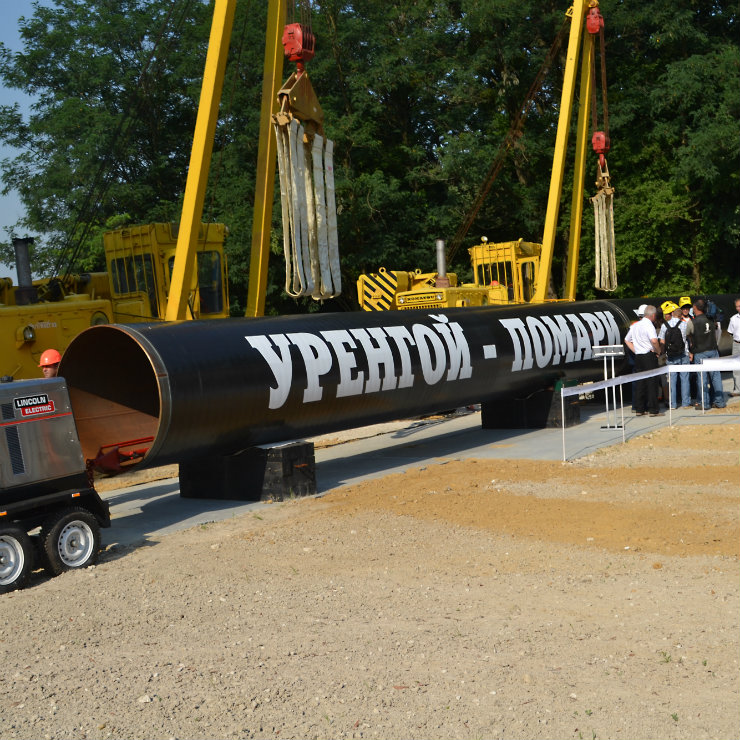
In the next five years, Ukraine could turn from an importer to an exporter of natural gas — argues Prime Minister Volodymyr Groysman. The country wants to achieve this goal by increasing gas extraction while reducing its...
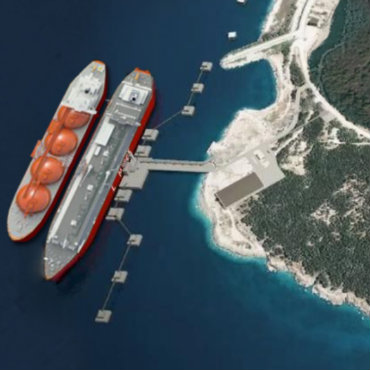
A multipolar network of energy hubs is emerging in the Central and Southeast Europe. The political dynamics of the interconnection process, between Russian sources and new sources from the US and elsewhere, leave some nations in...
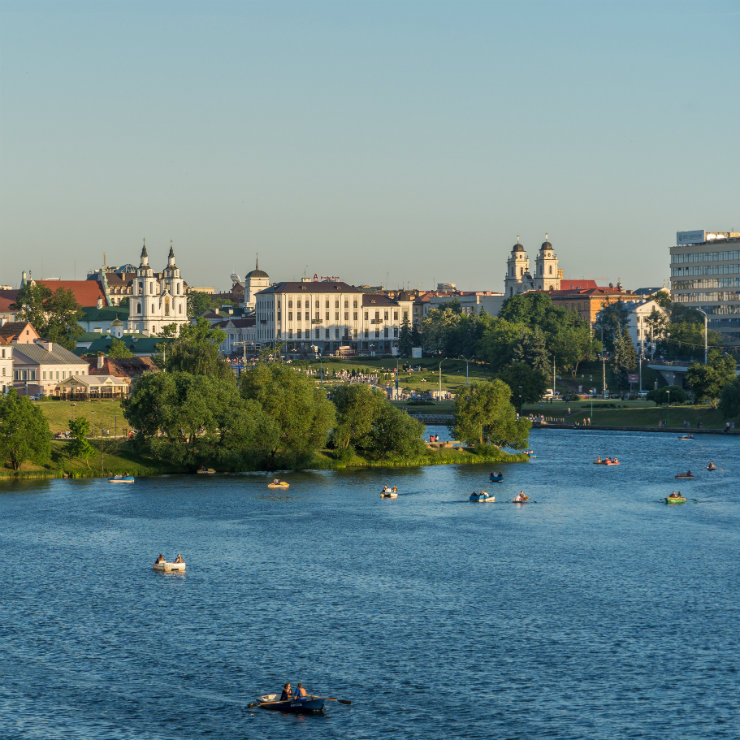
Belarus has benefited greatly from its strong economic ties with Russia, which at the same time have prevented it from pursuing fundamental market reforms.
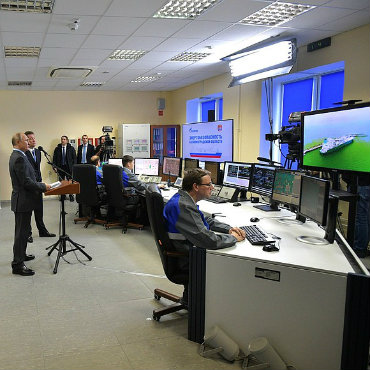
Russia has recently launched a new power plant to make its Kaliningrad exclave electricity and gas self-reliant, as its EU neighbors unplug their power grids from Russia.
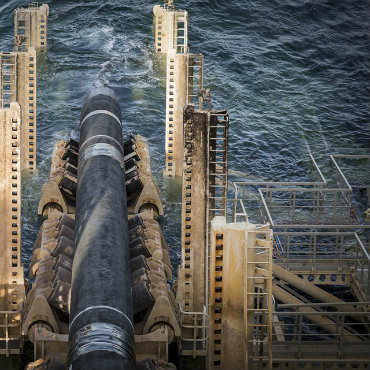
In February, EU officials agreed to amend the Gas Directive adding new rules for gas pipelines to and from third countries. The long-debated measure is aimed at the Russian-supported Nord Stream 2 pipeline.
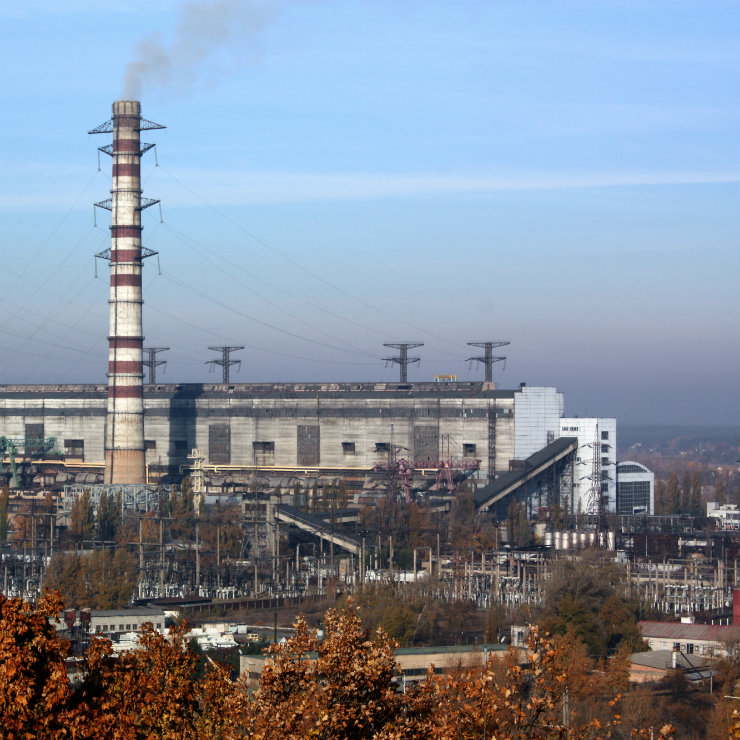
According to Ukrainian economists, the rising tensions in Ukraine have scared away foreign investors and may cause a number of other adverse effects in the future, so the government should prepare for the long-term consequences...
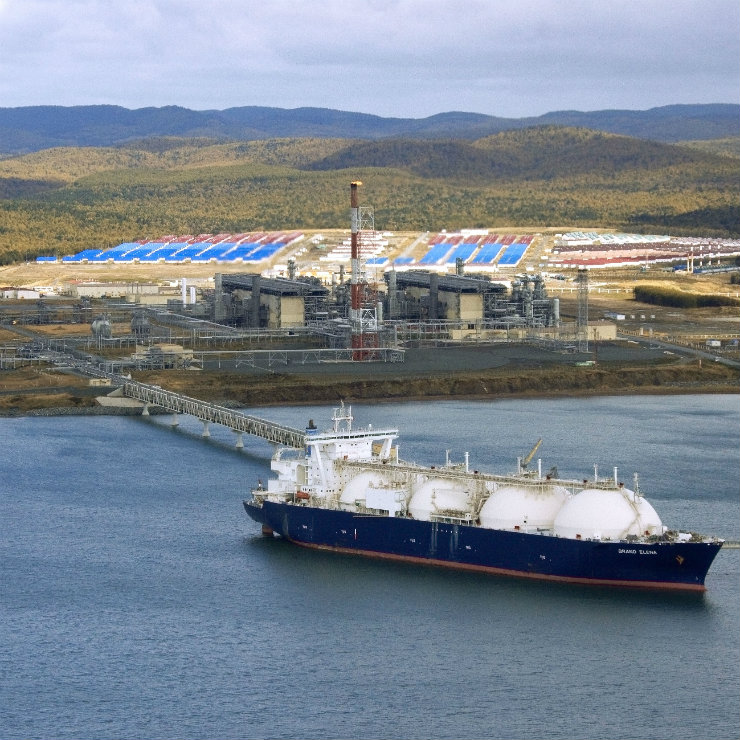
Russia as a leading global producer and exporter of conventional natural gas underestimated the revolution associated with the development of the global liquefied natural gas (LNG) market.
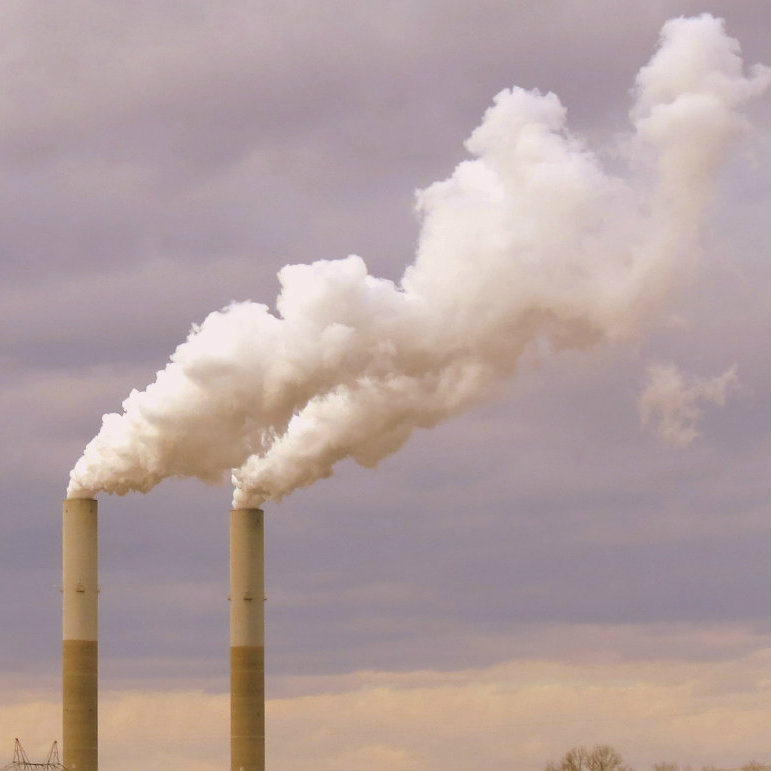
Poland’s energy strategy has three main aims — security of energy supply, competitiveness and energy efficiency, and limiting the detrimental effect of energy policy on the environment.
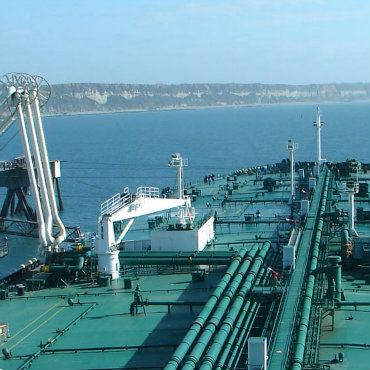
In order to diversify its sources of crude oil supply, Poland is importing less oil from Russia and more from other countries, such as Kazakhstan, Nigeria and the United Arab Emirates.
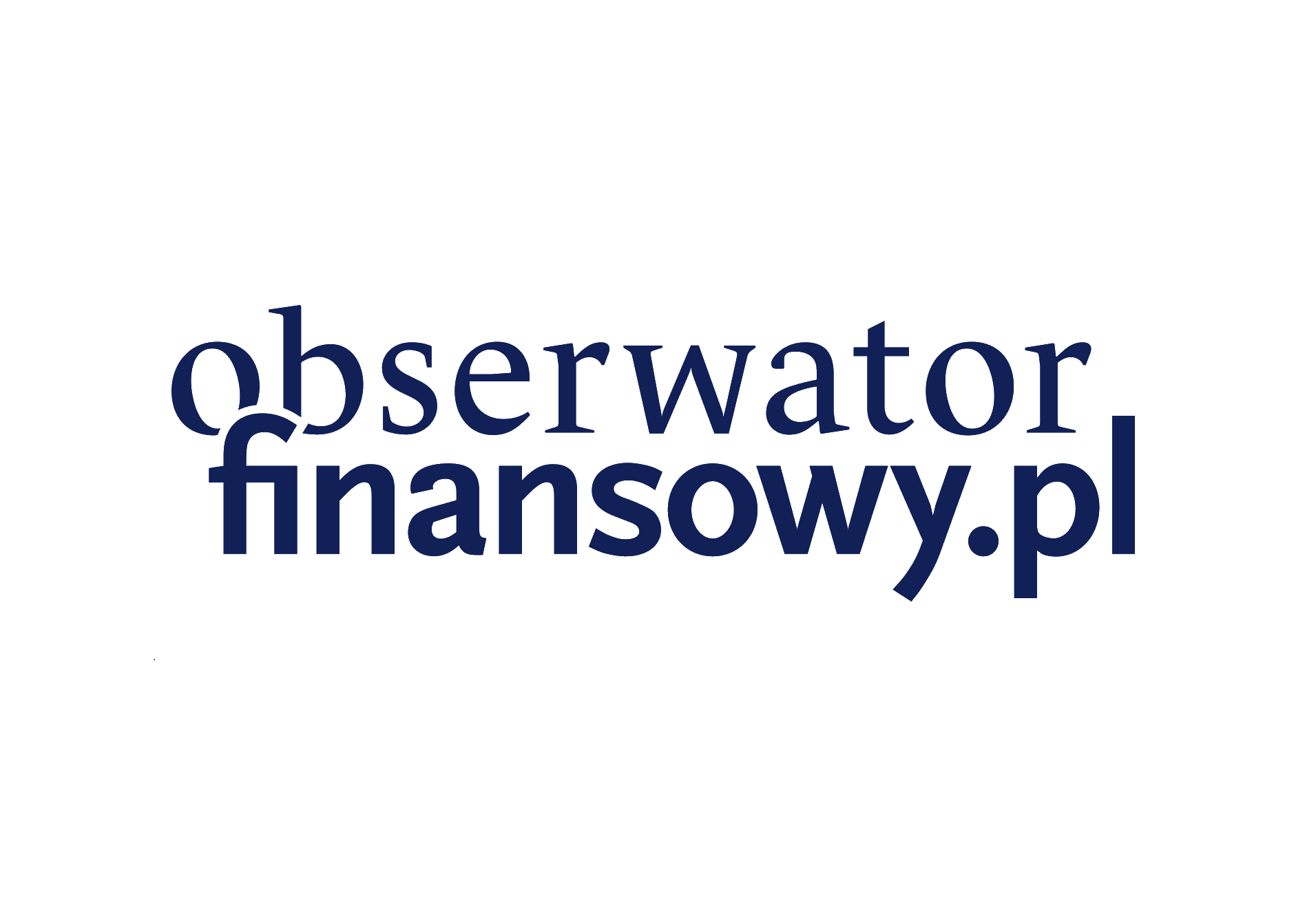
The EU's climate policy is boosting energy prices in Poland. One solution is a carbon tax which would be added to the purchase price of all items whose production or use involves CO2 emissions.